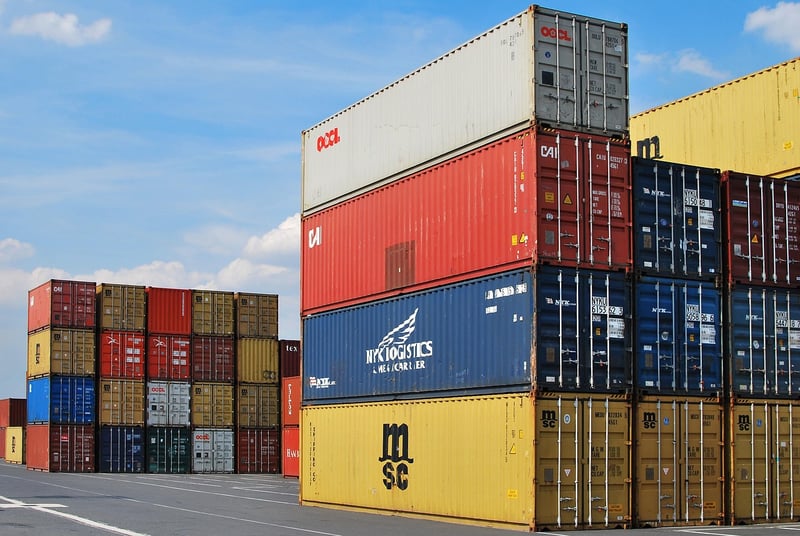Customs Regulations
Ensuring a Smooth Process: Understanding Customs Regulations
When it comes to international trade, navigating customs regulations is a crucial aspect of ensuring a smooth process. Understanding and complying with these regulations can help you avoid delays, penalties, and other complications that may arise during the import or export of goods.
What are Customs Regulations?
Customs regulations are a set of rules and requirements imposed by governments to control the flow of goods across borders. These regulations aim to ensure the safety and security of a country, collect duties and taxes, and prevent the entry of prohibited or restricted items.
Key Points to Consider for Smooth Customs Processing:
- Proper Documentation: Ensure all necessary documentation such as commercial invoices, packing lists, and certificates of origin are accurately filled out and submitted.
- Compliance with Tariffs: Understand the tariff rates applicable to your goods and ensure proper classification to avoid underpayment or overpayment of duties.
- Restricted and Prohibited Items: Familiarize yourself with the list of restricted or prohibited items in the destination country to prevent customs seizures or fines.
- Packaging and Labeling: Properly package and label your goods according to customs requirements to facilitate inspection and avoid delays.
- Use of Brokers: Consider using customs brokers or freight forwarders to assist with customs clearance procedures and compliance.
Benefits of Complying with Customs Regulations:
By adhering to customs regulations, you can experience several benefits, including:
- Efficient clearance of goods through customs.
- Reduced risk of delays or storage fees.
- Minimized potential for fines or penalties.
- Enhanced reputation with customs authorities.
- Smooth and hassle-free international trade transactions.
Conclusion
Understanding and complying with customs regulations is essential for a successful international trade operation. By following the key points mentioned above and staying informed about the latest changes in regulations, you can ensure a smooth process and avoid potential pitfalls that may disrupt your business activities.

For more detailed information on customs regulations specific to your country or region, it is advisable to consult with customs authorities or seek guidance from trade experts.
